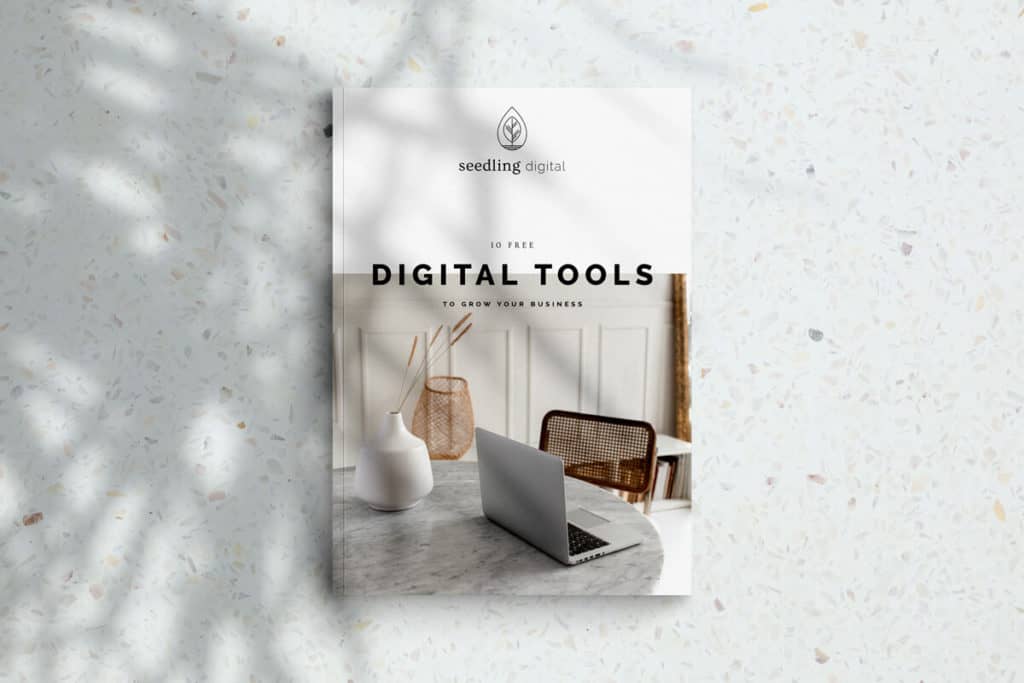It’s a fairly common practice these days, using social media to conduct a competition with the aim of increasing business exposure. When done well, they can be a goldmine for growth.
90,000 new Instagram followers anyone?
That’s 90,000 new potential clients to market to, on a daily basis. And once you have them, as we know, marketing to them through social media is free and highly effective. With the current algorithms, that kind of organic growth could take years or even decades to build.
But everyday I see businesses using social media to run competitions illegally.
Some of the most common issues I see with competitions are:
not run in line with platform guidelines;
no permits;
no terms and conditions;
terms are changed midway through, for example the draw date being extended due to lack of entries;
winners never announced publicly;
questionable draw methods, for example the winner is a well known influencer with a high number of followers; and
the only legal consideration is a line tacked on the end of the caption ‘competition not affiliated with Instagram’.
This last one is far too common for my liking.
Just because you’ve seen another business operate this way, it doesn’t mean that it’s correct, or even legal.
As I’ve said before, if it’s worth doing, it’s worth consulting with an expert. Since this isn’t my area of speciality Tegan Boorman from Boorman Lawyers, and Nicole and Schye from Curated Businesses have shared their top tips on running a successful and compliant competition.
Boorman Lawyers
Types of social media competitions
There are two common types of competitions on social media. These are:
Game of Skill – Where the participants are required to submit something which is then judged on its merit to determine a winner;
Game of Chance – Where the winner is drawn from a group of participants at random.
Many competitions on social media involve an element of chance. If an element of chance is involved (even where an element of skill is also involved), the competition may be caught by regulations in each of the States and Territories of Australia relating to trade promotions. Trade Promotions are free-entry competitions run to promote the goods or services supplied by a business.
Legal requirements for social media competitions
When conducting a social media competition, you may be required to meet various legal obligations. Depending on the competition you are conducting and where you are conducting it, these may include:
Obtaining suitable permits / licences where the competition involves a game of chance;
Creating and making available to participants, a set of terms and conditions for the competition (and ensuring they are followed by both the participants and the organisers and promoters);
Complying with the law in relation to advertising and promotion of the competition;
Managing the privacy of the participants;
Keeping necessary records; and
Ensuring that the prize for the competition is not a prohibited prize (such as tobacco, certain liquor prizes and weapons).
Certain draw supervision requirements may be required in circumstances where the prize exceeds a certain value.
When considering whether you will need to apply for a permit / licence and, if so, which permits / licences you will need to apply for, you will need to first determine:
The type of competition that you are intending to conduct;
The total prize value; and
The States and / or Territories of Australia in which you are conducting the competition.
Penalties for failure to comply with legal requirements for social media competitions
The penalties can be significant where the organiser or promoter fails to meet its legal requirements in relation to competitions. Aside from the obvious reputational damage that an organiser or promoter may suffer, they may also face fines and / or imprisonment depending on the relevant State and / or Territory and the requirement with which they have failed to comply. They may also face loss of their social media account where they have failed to comply with the terms and conditions for use of that social media platform.
Be aware of social media platform terms and conditions
Organisers and promoters should always ensure that they check the terms of the social media platform on which they are running the competition. Each platform has its own set of terms and conditions and these are subject to change. Before running any competition, organisers should revisit the terms and conditions for that platform to ensure that they are complying with the current provisions. Different rules apply on each platform, and what is permitted on one, may not be permitted on another.
Creating terms and conditions for a social media competition
It is advisable to have terms and conditions for the competition, regardless of whether it is a game of chance or a game of skill. When preparing the terms and conditions for the competition, some of the important points for inclusion are as follows:
Identifying the organisers and promotors of the competition;
Eligibility requirements for participants, for example, where they must be located within a certain geographical location or of a certain age;
Identifying the competition opening and closing dates and times;
Detailing how to enter;
Identifying the prize, its value and how and when it will drawn, how and when it will be announced and how and when it will be made available to the winner;
Setting out a procedure to be followed if the winner fails to claim their prize within the time limitation;
Including any disclaimers or acknowledgements required by the terms of use for the social media platform (for example that the competition is in no way sponsored, endorsed or administered by, or associated with the platform);
Identifying any prohibited actions by participants, such as entering the competition through multiple “fake” accounts;
Including any rights to disqualify participants (for example, where they fail to comply with the terms and conditions);
Setting out the permit / licence number, if a permit / licence is required; and
Including a privacy policy.
Each of the States and Territories of Australia have their own requirements in relation to what must be contained in the terms and conditions for a game of chance. When preparing your terms and conditions, you should ensure that you consult the requirements in the relevant States and / or Territories in which the competition will be conducted.
Where the competition involves a game of skill, you should also address matters such as the use of participant’s intellectual property, as well as dealing with the costs and expenses of preparing entries (for example that it is at the participant’s own cost and expense).
The terms and conditions should be clearly advertised and readily available to participants. If the full terms and conditions cannot fit within the caption of a social media post, participants should be directed to where they can view the full terms and conditions.
Obtaining legal advice in relation to social media competitions
Before running a competition, you may wish to obtain legal advice in relation to meeting your legal requirements for that specific competition. In doing so, you should look for Lawyers with experience in commercial law, and in particular social media. Boorman Lawyers can assist you with this.
Curated Businesses
If you’ve decided to grow your online following by participating in a paid social media campaign, it’s important to check the credibility of the company you decide to work with. Are they a registered company? Have they run campaigns before? What kind of results have they achieved in the past? Do they have positive reviews?
It’s taken several years and a lot of hard work for Curated Businesses to get to the level where we can work with elite influencers like the Kardashians. We always have our eye on new Australian and International influencers that we can work with in the future.
We build on our industry contacts, knowledge, and campaign experience to ensure our promotions are set up properly and run in the most efficient and effective way possible. However, there is never any guarantee of how successful a campaign will be. Anyone who guarantees you a number of followers is, quite simply, lying.
It’s not an exact science, and there are many external factors that we have no control over, that’s why, throughout a campaign we constantly liaise with the influencer, monitoring and tracking the campaign progress to maximise the campaign results. We always aim to provide a fluid and responsive campaign that capitalises on follower response.
Due to the huge success of our campaigns, they are sometimes met with scepticism from the public. Most people think it’s too good to be true, and that the prizes aren’t real, or that the winner is “rigged” and we choose it ourselves. It’s really important to us here at Curated Businesses that we run everything professionally. It’s no benefit to anyone to run a campaign that is a scam and it’s actually such a lovely moment when we get to tell the lucky random winner that they’ve won.
The best thing we ever did was outsource our winner selection. There are several government approved companies in Australia who can do this for you and although it certainly isn’t cheap, it is worth every cent. We are issued with a Random Draw certificate once the draw is complete and if the prize is a higher value (ours normally are), State legislation requires that an independent scrutineer is also present to oversee the draw.
It’s imperative that any business conducts their own due diligence enquires as to the merits and risks of investing in this type of campaign, including ensuring that the follower demographic of the influencer aligns with their target market.
To enhance the effectiveness of our campaign, Curated Businesses always strongly recommends that our client’s develop and implement a comprehensive marketing and content strategy before and after commencement of a promotion. Once you have new followers, you want to implement the right strategies to retain them and of course convert those likes to sales!
It’s a significant investment for your business but if you choose to invest in the right campaign, it can result in unparalleled growth and success for your business.
Your experience
Have you previously run a competition using social media? Let us know below! Were you aware of the associated complexities? Is there anything you’d do differently next time?
This blog post is for information purposes only, and should not be considered legal advice. You should obtain legal advice tailored to your own personal circumstances prior to conducting a social media competition.



